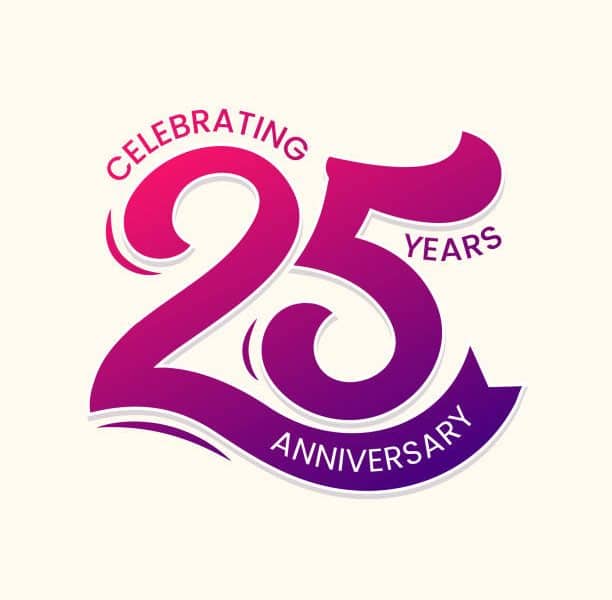
CAIRO, Egypt (WOMENSENEWS)–When Tahani Al Gebali, a prominent Egyptian lawyer, was appointed in January to be the country’s first-ever female judge, she herself hailed it as a landmark for Egyptian women.
“My success will bring success to other women and encourage them to demand more rights,” she told Egypt’s government-owned weekly, Al-Mussawar Magazine.
But Al Gebali’s appointment to the Supreme Constitutional Court has also raised the question of why it took so long for this milestone to be reached.
The absence of any female judges or prosecutors had long been a glaring anomaly in Egypt, which boasts a comparatively proud regional history of feminist politics dating to 1923, when national icon Hoda Sha’arawi helped found the Egyptian Feminist Union.
Since then, Egyptian women have risen to positions of authority in a range of fields. Women have held a number of cabinet positions, although typically in such fields as higher education, social affairs and environment. The judiciary, however, remained a fortress of male power, even as other Arab countries made their own advances.
Other Arab Countries Set Example
Mona Zulficar, a prominent lawyer who helped spearhead the campaign for gender equality in the judiciary, said 11 Arab nations–including Libya, Jordan, Morocco and Algeria–boast female judges.
“We used that fact in our lobbying efforts,” Zulficar said. “We invited female judges from other countries to speak to our judges . . . to make them feel ashamed.” They also used national pride, telling government officials “Egypt has traditionally been the pioneer of development in this region. What happened?”
The answer to that, according to many here, is a cultural resistance to female authority, perhaps especially among women themselves.
For instance, a 1997 opinion poll conducted by The Arab Center for the Independence of the Judiciary and Legal Profession, a Cairo-based nongovernmental organization, found that the strongest opposition to the idea of female judges in Egypt came from female respondents who regarded women as too sensitive and delicate to meet the demands placed on a judge.
Zulficar battles this by saying emotions are part of the job. “A judge must be humane, otherwise you could just put all the evidence into a computer,” she said. “Emotion is part and parcel of being a judge.”
Nevertheless, the perception that women are too emotionally fragile to serve as judges endures. In July, the appointment by U.S. authorities of a female judge in the Iraqi city of Najaf was postponed in the wake of harsh protests by crowds of both men and women.
Fifty-Year-Old Struggle
The struggle to open the Egyptian judiciary to women goes back to 1949 and a young lawyer named Dr. Aisha Rateb.
She sued the government after being rejected for an apprentice position on the State Council, the nation’s highest administrative court. After the council rejected her bid, one of its members filed an opinion confirming that there was nothing in Egyptian law–or Islamic jurisprudence–preventing women from serving in the judiciary. The problem, the judge wrote, was purely societal, leaving the door open to female judges.
Rateb, who went on to serve as Egypt’s minister of social affairs and as the country’s first female ambassador, expressed her pleasure over Al Gebali’s appointment in an interview with Egypt Today magazine. “It is like seeing the results of what I started,” she said.
Since Rateb’s case, a steady stream of female lawyers has applied to join the judiciary or prosecutors’ offices–from where junior judges are normally chosen. All were rejected by the Supreme Council of Judges; sometimes without comment, and sometimes with the applicant’s gender explicitly stated as the reason for her rejection.
When a rejected female candidate would occasionally sue to have her application reconsidered, Egypt’s administrative courts would often agree on the candidate’s professional qualifications, but then back the right of the Supreme Council of Judges to make its own decisions.
Rejected female candidates spread through many of the other ranks of the Egyptian legal profession, becoming some of the country’s most prominent trial lawyers and law professors. Al Gebali, prior to her appointment, had argued several cases before the Supreme Constitutional Court on which she now serves. Zulficar estimated that up to 60 percent of Egyptian law professors are women who have helped train generations of male judges.
External Pressures Behind Appointment
Although the decision to appoint Al Gebali came from the Supreme Council of Judges, the government has shown its interest in the situation.
Influential First Lady Suzanne Mubarak publicly endorsed the idea of female judges at a September 2002 convention of the ruling National Democratic Party. President Hosni Mubarak also mentioned the matter during a December 2002 speech. Even such traditionalist forces as the Muslim Brotherhood and the religious establishment at Al Azhar–one of the centers of Sunni Muslim thought–signaled their acceptance of the idea.
With many in the Arab world fearing that U.S. plans to redraw the Middle East map won’t stop with Iraq, many here tie governmental interest in the matter to Egypt’s desire to earn progressive credentials with the West.
Since September 11, Egypt’s relations with the United States have been strained over allegations of human rights abuses, anti-Semitism in the local press and the status of Egypt’s Christian minority. Al Gebali’s appointment came practically in tandem with Mubarak’s announcement of Coptic (Egyptian Christian) Christmas as a national holiday for all Egyptians.
Al Gebali’s new post notwithstanding, many here see the struggle for gender equality in the Egyptian judiciary as far from over.
For starters, the appointment of the 52-year-old Al Gebali is a classic top-down reform that won’t sow the seeds for future generations of female Egyptian judges, some observers say.
The ranks of the nation’s prosecutors remain totally male, and those who hail Al Gebali’s appointment as a major step say it will end there if it isn’t combined with the creation of a new generation of female prosecutors who could rise on their own merits through the ranks, just like their best male colleagues, and be tapped to serve as apprentice judges.
The true test, observers and activists say, will come in the fall when the new round of applications for prospective prosecutors begins. Al Gebali’s appointment is expected to prompt an avalanche of applications from female law-school graduates for positions as state prosecutors. And if none of those applicants is accepted, Al Gebali could find herself a very lonely pioneer.
Ashraf Khalil is a Cairo-based freelance writer whose work appears in the Chicago Tribune, Boston Globe and San Francisco Chronicle. He is a former editor in chief of Cairo Times newsmagazine.
For more information:
World Press Review–“Women Win Reform in Egypt’s Judiciary:
Her Honor is Historic”:
http://www.worldpress.org/article_model.cfm?article_id=1093
Middle East Information Center–
“In Najaf, Justice Can Be Blind but Not Female”:
http://middleeastinfo.org/article3118.html
Cairo Times–“Splash in the glass: The appointment of Egypt’s first female judge is an important step that needs to be followed up”:
http://www.cairotimes.com/content/archiv06/edit0644.html


